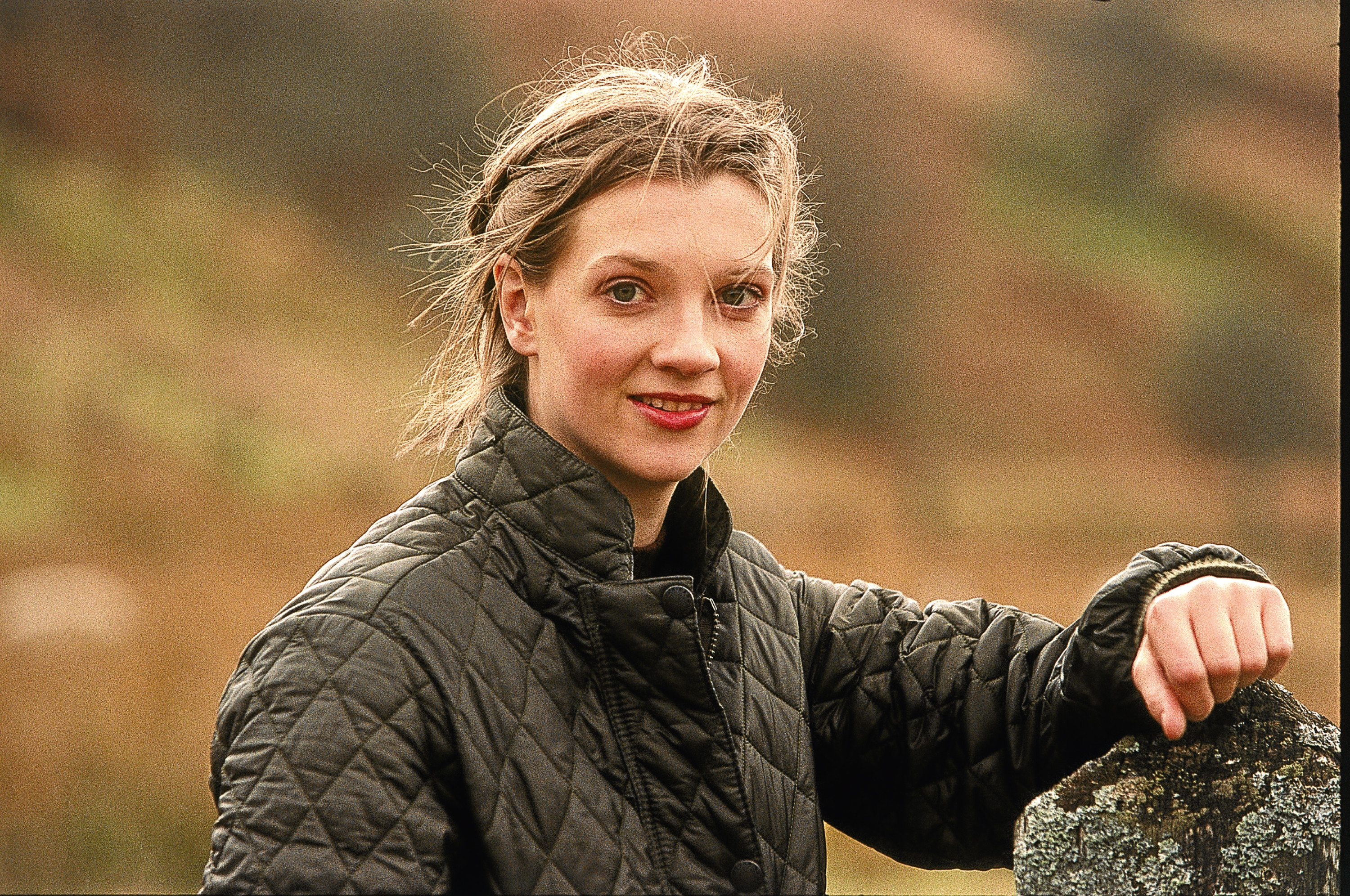
BACK in 2003, Portia Simpson, then 24, became the first woman to qualify as a professional gamekeeper, working on Ardverikie Estate near Newtonmore.
Portia, author of The Gamekeeper, told Sally McDonald the Honest Truth about country estate wildlife management.
Why did you write this book?
I started following a knee operation. It gave me some focus and stopped me from feeling sorry for myself while I was healing.
It was actually my mother who dared me to write it so I felt duty-bound. Most people obey the great mother-ship!
Were there countryside influences in your family?
I grew up in Stonehaven, 15 miles south of Aberdeen. It is a small fishing village which grew into a town following the oil boom in the 1970s.
Our house was on the edge of town surrounded by countryside. My dad was in the oil industry and my mother was a secretary. I had a brother, Brian, who was four-and-a-half years older than me.
But unlike me they were all townies – I loved the countryside.
When did you think of gamekeeping as a potential career and who or what was the inspiration for that choice?
It was at my granny’s 90th birthday party that a career in gamekeeping was first mentioned to me. My uncle Angus was a keen shotgun shooter and fisherman and pointed out that it might appeal to me. He was right!
What did family and friends make of your unusual career choice?
My parents were horrified at my unladylike choice of career and tried to steer me on the path of womanly righteousness.
They wanted me to get a nice sensible job in an office. I think deep down they knew this was never going to happen but tried in vain to sway my decision.
My friends didn’t bat an eyelid as this was pretty normal for me.
Were there any bars to entering the profession?
The only barrier was obtaining a work placement. In order to attend the college course you have to be chosen by an estate for a two-year work placement.
Male head-keepers were wary of taking on a female and saw it as a big risk. They had never done it before and worried about the physical and mental capability of a woman handling a kill.
I was very lucky I found an open-minded estate factor and proved that I could do the job.
What have you found most challenging about your career choice?
I really felt I was carrying the baton for all future female gamekeeping students. If I failed it would make their attempts to get on the course doubly difficult and I didn’t want that to happen. I worked very hard to prove myself and felt I managed this.
What kind of people do you meet through your work?
I meet lots of very rich people, some of them famous like Mohammed Al-Fayed and the late Clarrisa Dixon Wright. Most are wonderful, but some are not.
My professionalism prevents me from speaking about the challenging clients, but it also helps me to cope with them.
How do they react when greeted by a female keeper?
Most are OK with having a woman as a stalking guide but a few have been a bit wary. Many of them said afterwards that they were surprised I managed so well. We often had repeat bookings from them for the following year.
Can you tell us the highs and the lows of the job?
The best parts are taking the clients stalking and the amazing views. The worst parts are emptying the larder bins of all the deer parts. We usually incinerate them which is a long, boring task. Once I once decided to save time by tipping them into the pig pen. One pig ate so much it exploded – it really did!
What advice would you give to other girls trying to break into a traditionally male domain?
Give 100% at all times and never give up! There are many people who would like to see them fail but don’t ever give them that pleasure.

Enjoy the convenience of having The Sunday Post delivered as a digital ePaper straight to your smartphone, tablet or computer.
Subscribe for only £5.49 a month and enjoy all the benefits of the printed paper as a digital replica.
Subscribe